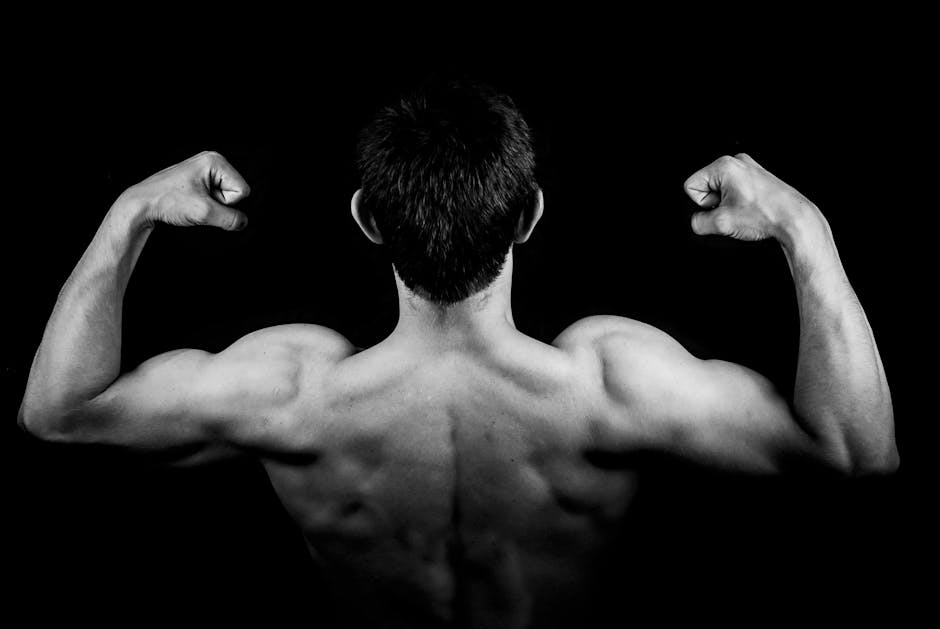body { font-family: Arial, sans-serif; line-height: 1.6; margin: 20px; max-width: 900px; margin-left: auto; margin-right: auto; }
h1, h2, h3 { color: #2c3e50; }
h1 { font-size: 2.5em; }
h2 { font-size: 2em; border-bottom: 2px solid #eee; padding-bottom: 5px; margin-top: 30px; }
h3 { font-size: 1.5em; margin-top: 20px; }
p { margin-bottom: 1em; }
ul, ol { margin-bottom: 1em; padding-left: 20px; }
li { margin-bottom: 0.5em; }
strong { font-weight: bold; }
em { font-style: italic; }
.content-image { text-align: center; margin: 20px 0; }
.content-image img { max-width: 100%; height: auto; border-radius: 8px; box-shadow: 0 4px 8px rgba(0,0,0,0.1); }
.content-image figcaption { font-size: 0.9em; color: #555; margin-top: 5px; }
a { color: #007bff; text-decoration: none; }
a:hover { text-decoration: underline; }
.faq-section { margin-top: 40px; border-top: 1px solid #eee; padding-top: 20px; }
.faq-question { font-weight: bold; margin-bottom: 5px; }
.faq-answer { margin-bottom: 15px; }
How Your Phone’s Blue Light Is Ruining Your Muscle Gains: A Comprehensive Guide
You hit the gym consistently. You track your macros. You’re dedicated to your fitness journey, pushing for every possible advantage to build muscle and strength. But what if one of your most common daily habits is secretly sabotaging all that hard work? What if the very device you hold in your hand right now—your smartphone—is actively working against your muscle gains?

It sounds dramatic, but the science is clear: the blue light emitted from your phone and other digital screens can have a profound negative impact on your sleep, hormones, and ultimately, your ability to build and recover muscle. If you’re serious about maximizing your gains, understanding and mitigating this hidden threat is absolutely crucial. This guide will reveal exactly how your phone’s blue light is ruining your muscle gains and, more importantly, what you can do to reclaim your progress.
The Silent Saboteur: Understanding Blue Light
Before we dive into the specifics of muscle growth, let’s understand our adversary: blue light. Blue light is a segment of the visible light spectrum with short wavelengths and high energy. While natural blue light from the sun is essential for regulating our circadian rhythm during the day, artificial blue light from LED screens (phones, tablets, laptops, TVs) poses a problem, especially after sunset.
Our bodies are wired to respond to light. When the sun is up, blue light signals to our brains that it’s daytime, keeping us alert and awake. This is a good thing! However, when we expose ourselves to significant amounts of blue light from screens in the evening, our brains get confused. They interpret this artificial blue light as daylight, disrupting the natural signals that prepare our bodies for sleep.
Your Circadian Rhythm: The Master Clock of Your Gains
At the heart of blue light’s impact on your muscle gains is your circadian rhythm. This is your body’s internal 24-hour clock, which regulates countless physiological processes, including sleep-wake cycles, hormone release, metabolism, and even cell regeneration. Think of it as the grand conductor of your body’s orchestra, ensuring everything plays in harmony.
For muscle growth, a well-tuned circadian rhythm is non-negotiable. It dictates when your body releases anabolic (muscle-building) hormones, when it repairs tissue, and when it’s primed for peak performance. When this rhythm is disrupted, the entire system falls out of sync, and your muscle-building machinery grinds to a halt.
Melatonin: The Sleep Hormone and Your Muscle’s Best Friend
One of the most critical hormones regulated by your circadian rhythm is melatonin. Often called the “hormone of darkness,” melatonin is naturally produced by your pineal gland as evening approaches and light diminishes. Its primary role is to signal to your body that it’s time to wind down, feel drowsy, and prepare for sleep.
Here’s where blue light enters the picture. Exposure to blue light in the evening, particularly within a few hours of bedtime, powerfully suppresses melatonin production. Your brain, tricked into thinking it’s still daylight, delays or reduces the release of this crucial sleep hormone. The result? You feel less sleepy, take longer to fall asleep, and your sleep quality suffers.
The Ripple Effect: How Poor Sleep Devastates Muscle Growth
If blue light exposure leads to suppressed melatonin, which leads to poor sleep, what does poor sleep do to your muscle gains? The answer is simple: it devastates them. Sleep isn’t just about resting; it’s a highly active period of repair, recovery, and growth for your entire body, especially your muscles.
Hormonal Havoc: Testosterone, Growth Hormone, and Cortisol
Sleep deprivation due to blue light exposure creates a hormonal nightmare for muscle building:
- Reduced Testosterone: Testosterone is the primary anabolic hormone in men, crucial for muscle protein synthesis, strength, and recovery. Studies show that even a single week of restricted sleep can significantly lower testosterone levels, particularly in young men. For women, while testosterone’s role is different, adequate sleep still supports overall hormonal balance vital for fitness.
- Decreased Growth Hormone (GH): Growth hormone is another powerful anabolic hormone, essential for muscle repair, fat metabolism, and overall recovery. The vast majority of GH is released during deep sleep. If blue light is preventing you from reaching these deep sleep stages, your GH production takes a massive hit.
- Elevated Cortisol: Cortisol is your body’s primary stress hormone. While necessary in small doses, chronically elevated cortisol levels are highly catabolic, meaning they break down muscle tissue. Poor sleep is a major stressor, leading to increased cortisol, which directly counteracts your muscle-building efforts and can even lead to fat gain.
Impaired Recovery and Muscle Repair
Your muscles don’t grow in the gym; they grow during recovery. During sleep, your body initiates critical repair processes, fixing the microscopic tears in muscle fibers that occur during intense workouts. This process, known as muscle protein synthesis, is significantly hampered by insufficient or poor-quality sleep. Without proper recovery, your muscles can’t adapt, grow stronger, or become bigger. You’re essentially undoing all your hard work.
Reduced Performance and Motivation
Ever tried to lift heavy after a terrible night’s sleep? It’s a struggle. Lack of sleep directly impacts your physical and cognitive performance. You’ll experience:
- Reduced strength and power output.
- Decreased endurance.
- Slower reaction times and impaired coordination.
- Lower motivation and mental focus, making it harder to push through tough sets.
This creates a vicious cycle: poor sleep leads to worse workouts, which then makes it harder to see progress, further diminishing motivation.
